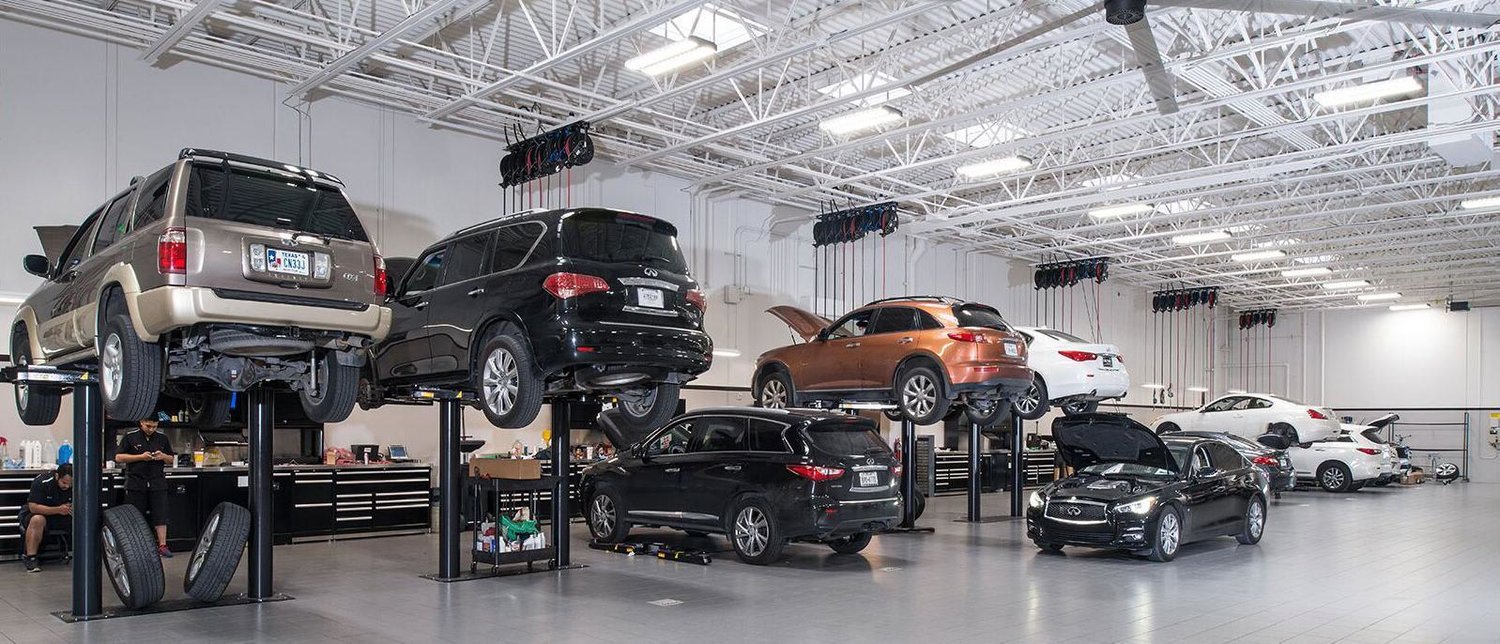All Categories
Featured

[/image]
Regular engine tune-ups are important for maintaining your lorry's performance, improving gas efficiency, and extending its lifespan. Whether you're a skilled auto owner or a beginner, comprehending the crucial elements of an engine tune-up can assist you keep your auto running smoothly for years. Here are some necessary tips to assist you via the process.
- Change the Flicker Plugs. Ignition system are tiny but magnificent components that play an important duty in sparking the fuel-air mixture in your engine. With time, they can break or end up being fouled, bring about bad engine performance, decreased gas efficiency, and tough beginnings.
During a tune-up, examine your ignition system for wear and replace them as essential. For a lot of lorries, spark plugs need to be changed every 30,000 to 100,000 miles, depending on the type and product. Fresh spark plugs make sure effective combustion and smoother engine procedure.
- Examine and Replace the Air Filter. The air filter is your engine's very first line of protection against dirt, debris, and other pollutants. A blocked or unclean air filter can limit airflow, causing your engine to function harder and eat even more gas.
Check your air filter throughout a tune-up and change it if it's filthy or past its recommended solution period. A clean air filter boosts engine effectiveness and improves fuel economic situation.
- Examine the Fuel System. Over time, your gas system can gather dust and carbon deposits, minimizing engine efficiency and fuel performance. Cleaning the gas injectors and gas lines during a tune-up helps maintain appropriate gas delivery and burning.
You can utilize a gas system cleaner or have a professional mechanic execute a much more detailed cleansing. This action is especially valuable for older automobiles or cars frequently driven in stop-and-go web traffic.
- Check the Belts and Pipes. Belts and pipes are vital for different engine functions, such as running the generator, water pump, and cooling. During a tune-up, check for splits, fraying, or indications of wear on these parts.
Replace any type of damaged belts and hoses to prevent potential malfunctions. A damaged belt or leaking hose pipe can cause engine getting too hot or loss of power, so dealing with these issues without delay is crucial.
- Replace the Engine Oil and Oil Filter. Engine oil is crucial for oiling relocating components, lowering friction, and controling engine temperature. In time, oil becomes polluted and sheds its effectiveness.
As component of a tune-up, replace the engine oil and oil filter. Utilize the sort of oil advised by your lorry's supplier and adhere to the suggested modification periods. Tidy oil keeps your engine running smoothly and avoids premature wear.
- Evaluate the Battery and Billing System. A healthy and balanced battery is vital for starting your cars and truck and powering its electric systems. During a tune-up, check the battery's voltage and check the terminals for deterioration. Tidy the terminals if needed and make certain a protected connection.
Additionally, test the generator and charging system to ensure your battery continues to be billed throughout operation. If your battery is weak or old, think about changing it to stay clear of unexpected failures.
- Flush and Fill Up the Coolant. The cooling system regulates your engine's temperature, stopping it from overheating. Old or contaminated coolant can lose its performance, resulting in potential engine damage.
Throughout a tune-up, flush the old coolant and change it with a fresh mixture. Also, inspect the radiator, thermostat, and pipes for leaks or damage. Keeping the cooling system in good problem ensures your engine operates at the right temperature.
[1].jpg)
- Address Caution Lights and Uncommon Signs. Modern automobiles are equipped with analysis systems that inform you to potential issues through control panel caution lights. If your check engine light or any other warning indications get on, resolve them during your tune-up.
In addition, focus on unusual signs such as odd sounds, harsh idling, or reduced gas effectiveness. A professional auto mechanic can diagnose and settle these troubles during the tune-up procedure.
- Do Not Neglect the Exhaust System. Your car's exhaust system gets rid of harmful gases from the engine and guarantees correct discharges. Examine the exhaust system for leaks, corrosion, or damage during a tune-up. A damaged exhaust system can affect engine efficiency and lead to environmental and security issues.
- Usage High-Quality Parts and Fluids. When changing parts or complementing fluids during a tune-up, always select premium products that satisfy your vehicle's specs. Using subpar parts or inaccurate liquids can negatively affect your engine's performance and longevity.
Conclusion: Normal Tune-Ups Are Key to Engine Health And Wellness. Making the effort to tune up your engine ensures it operates successfully, saves fuel, and lowers the threat of breakdowns. Whether you carry out these tasks yourself or rely upon a trusted mechanic, normal tune-ups are a financial investment in your lorry's dependability and durability. Comply with these pointers, and you'll enjoy a smoother, a lot more trustworthy ride for several years ahead.
Latest Posts
Specialist Industrial Roofing Solutions in North Platte, Nebraska
Explore Budget-Friendly Auto Repairs with Montclare’s Monthly Service Specials
Find the Greatest Auto Repair Discounts in Montclare, Chicago